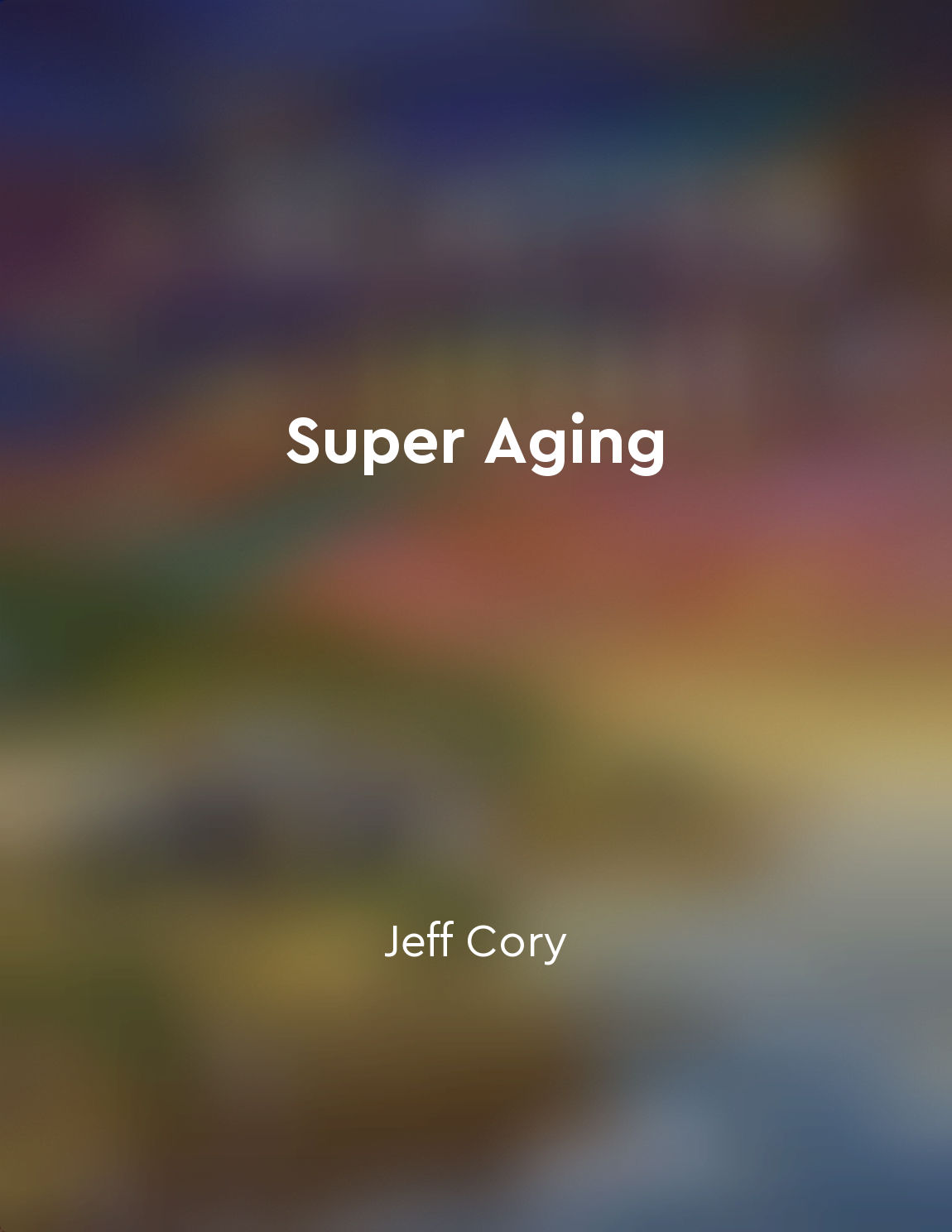Assessment and evaluation are critical in geriatric nursing practice from "summary" of Geriatric Nursing by Priscilla Ebersole, RN, PhD, FAAN,Theris A. Touhy, ND, APRN, BC
Assessment and evaluation play a vital role in the field of geriatric nursing. These processes are essential for ensuring the overall well-being and quality of care for older adults. By conducting thorough assessments, nurses are able to identify the unique needs and challenges of each individual patient. This information is crucial for developing personalized care plans that address specific health concerns and promote optimal functioning. In geriatric nursing practice, assessment goes beyond simply collecting data on physical health. Nurses must also consider factors such as cognitive function, emotional well-being, and social support systems. This holistic approach allows for a comprehensive understanding of the patient's overall health and enables nurses to provide more effective and individualized care. Evaluation is equally important in geriatric nursing, as it allows nurses to monitor the progress of their patients and make necessary adjustments to their care plans. Regular evaluations help ensure that interventions are working as intended and that patients are achieving their health goals. Additionally, evaluations provide valuable feedback on the effectiveness of nursing interventions and help drive improvements in care delivery. By continuously assessing and evaluating their patients, geriatric nurses can identify changes in health status, detect potential complications early, and prevent adverse outcomes. These processes also help nurses build trusting relationships with their patients by demonstrating a commitment to their well-being and a willingness to adapt care plans as needed.- Assessment and evaluation are essential components of geriatric nursing practice. By systematically gathering information, analyzing data, and monitoring outcomes, nurses can provide high-quality, patient-centered care that meets the unique needs of older adults. Through these processes, nurses can make a meaningful difference in the lives of their patients and contribute to improved health outcomes in the geriatric population.
Similar Posts
Health disparities must be addressed
Health disparities refer to differences in health outcomes or access to healthcare services between different populations. Thes...
Understanding the psychosocial aspects of aging is important in geriatric care
Understanding the psychosocial aspects of aging is crucial in providing effective geriatric care. As individuals age, they expe...

Super agers prioritize relaxation and stress management
Super agers understand the importance of relaxation and stress management in their daily lives. They know that stress can have ...
Incorporating principles of dignity and respect in care delivery is essential
The concept of dignity and respect in care delivery for older adults is of utmost importance. It is essential to remember that ...
Understanding common health conditions in elderly patients is necessary
It is essential for healthcare providers to have a comprehensive understanding of common health conditions in elderly patients....
Active listening can prevent errors
When we truly listen to our patients, we are better equipped to identify potential errors before they occur. By actively engagi...
Incorporating principles of dignity and respect in care delivery is essential
The concept of dignity and respect in care delivery for older adults is of utmost importance. It is essential to remember that ...

